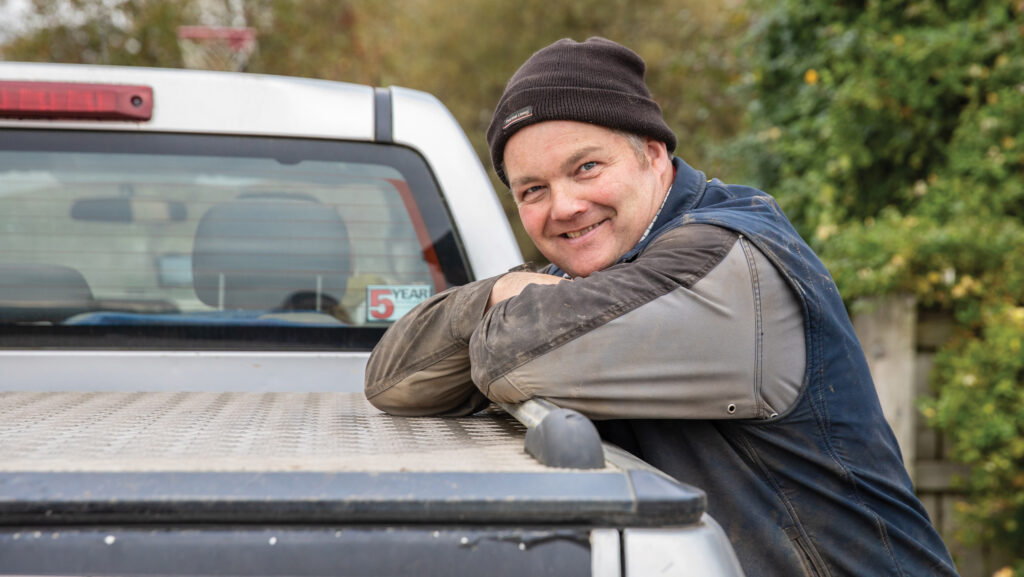Farmer Focus: It’s time machinery manufacturers stepped up for operators
 © Angela Waites
© Angela Waites Let’s start with some positives – we got our hay made in good order and we haven’t yet had to start an irrigator.
On the flip side, travelling in potato fields to maintain defence against serious blight pressure is challenging to say the least. All crops need sunshine and prices are heading in the wrong direction again.
We have quite a lot of kit to maintain for our various activities, all of it in theory capable of causing injury.
See also: On test: Reusable half-mask respirators – which is best?
Frequently, we hear that agriculture is the most dangerous industry, and “farmers must do more” – both true to a point, but what is often forgotten is that we can only use the tools available.
In the 1970s it was possible to reverse the intake of a combine to clear a blockage from the seat.
Why is it, 50 years later, there are very few balers with a reversible intake, yet almost every year someone gets pulled into one trying to clear a blockage?
I agree that safe stop should happen – but modern tractors don’t like being turned on and off a lot of times as it often takes a while to get everything going again.
If the need to go near the dangerous bit was removed, there would be less chance of injury.
Potato harvesters suffer from similar design flaws – it’s not hard to reverse a hydraulic motor, yet very few machines can be unblocked from the cab because not every roller is reversible.
Guards do not reduce the need to clear blockages, they just make it more difficult. We must make the safe way the easy way, by design.
It’s time manufacturers stepped up and used part of the ever-increasing price of machinery to think about operators.
Road lighting is still inadequate, particularly on cultivation equipment. Rules for transport are archaic and silly.
Why, for example, is it the case that a trailed appliance such as a baler, harvester or sprayer of any weight does not legally need to have brakes, yet a trailer over 750kg does?
Yes, we can always be better, but so could our supply industries (I’m also thinking agrochemical packaging here).
We have end of season machine appraisal forms as an aide mémoire for maintenance, and service record sheets, but it’s not paperwork that keeps people safe.
Look after yourselves folks, and happy harvesting (if it ever stops raining).


